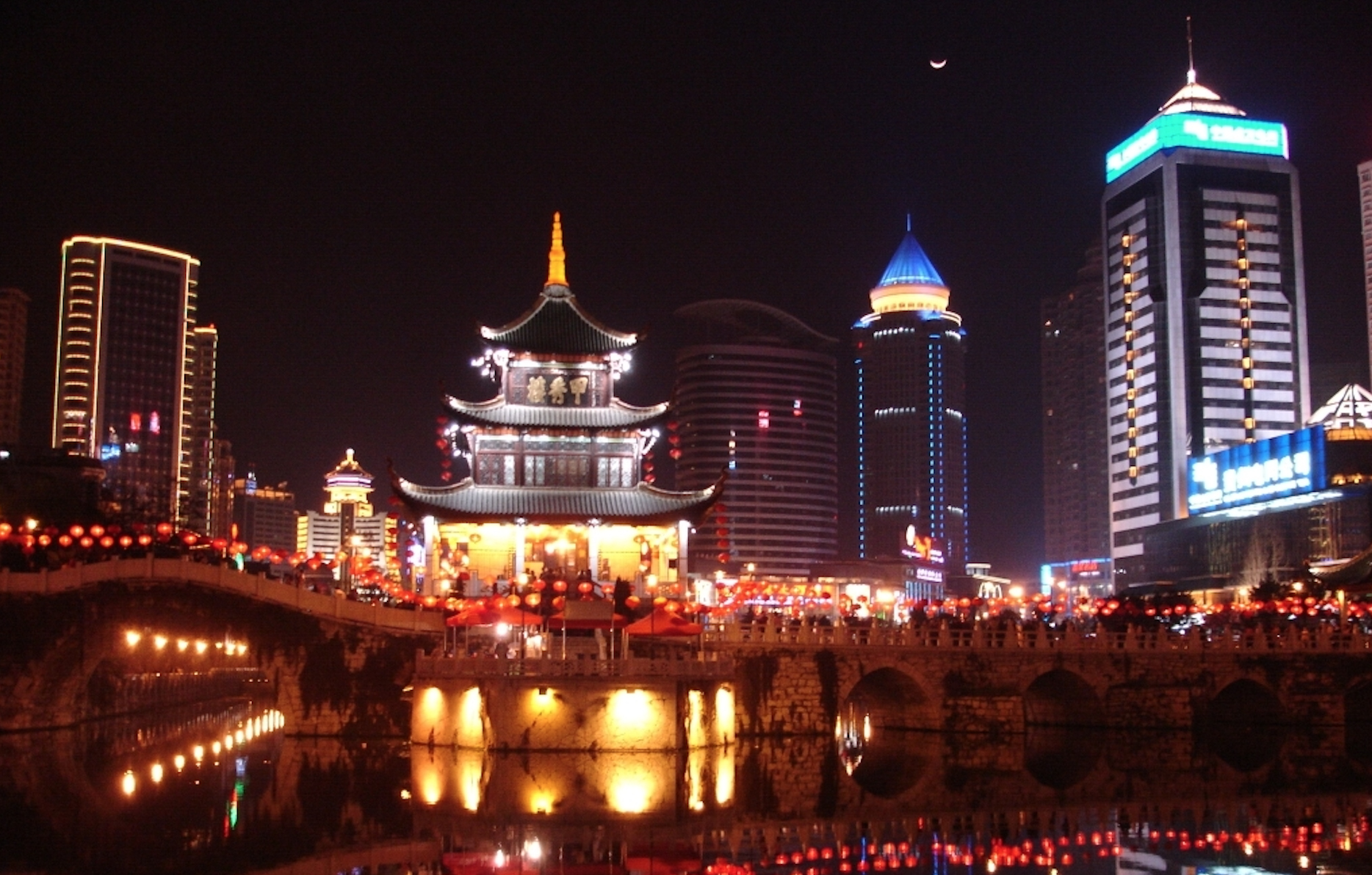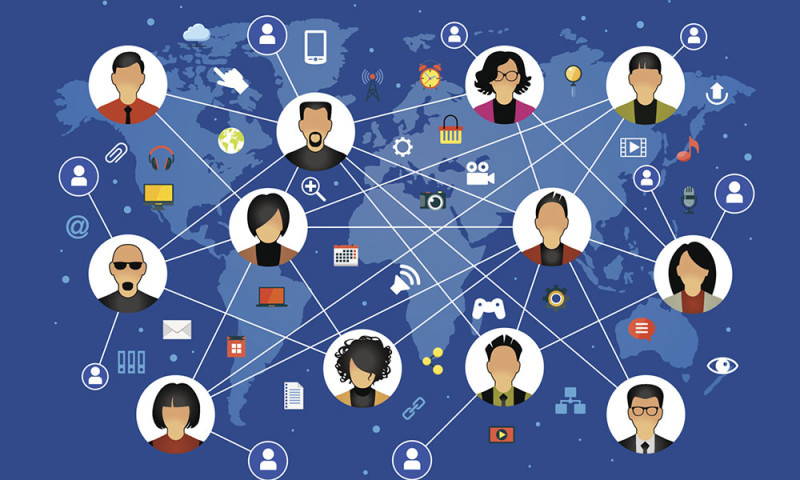Our world is now growing quickly. People say that lots of cultures disappeared because of the development of the whole world, especially the traditional cultures. These were lots of traditional cultures that people do not understand the meanings. That makes people think that those traditional cultures are meaningless. Therefore, those traditional cultures are forgotten when the time goes on. However, do they really disappear in this generation? Maybe it only shows in the other way.

Third Cultures is a concept developed by Casmir. They are formed when individuals from two or more cultures create a new, hybrid culture, containing components of each individual culture while developing unique cultural characteristics. [1] Seeds of Peace is one of the examples. This organisation brings youngsters and educators from different places where are filled with conflicts to join their camp in Maine. They hope that the youngsters and the educators can communicate with other about their countries. After the camp, it is hoped that they can be the seeds of peace for their countries. Because of their interactive, the new, hybrid culture may be created. [2] However, because of the growing of the world, the ways of getting those experiences are increasing.
Virtual and electronic communities are one of the modern ways. Internet makes the world link together. From the article “The Experience of Virtual Communities: Cosmopolitan or Voyeur?”, there is a sentence “With increased diffusion of complex information and communication technologies, not only is there the prospect of experience of different communities without having to travel, but also the prospect of experiencing diversity of newly created communities: virtual or electronic communities, as first popularized by Howard Rheingold and which are now often the subject for analysis.”[3] People always say that “Travels far knows much”. However, we can easy to find out the culture of different countries from the internet. Virtual and electronic communities are the ways for us to share, research, etc. People from different places share their lives to the internet. They also meet new friends from different places on the internet. When the time goes on, the knowledge of different cultures and the number of friends from different places will increase. They will mix together and become part of your life.

In virtual community, it’s easy for people to communicate. Without a face-to-face meeting, people can also join the activities with others. It makes many people can understand more about this world. Not only this moment, but also the past. Something is different for people to find and understand. However, internet can make them become easier. When you find a problem in the study, you can visit the internet and ask. It is a nice place for people to discuss something because all people can discuss at the same time on the same issue. In different places, people have different feelings and thinking. That makes the issue become diversification.
In this world, people may have lots of reasons for why they cannot do this or that. However, people try to help other in the virtual world by solving the problem or sharing their only experience. It is hard to understand why people will have such large difference between the reality and the virtual world. But it seems that this is one of our modern culture, isn’t it?
References:
1. McEwan, B. and Sobre-Denton, M. (2017). Virtual Cosmopolitanism: Constructing Third Cultures and Transmitting Social and Cultural Capital Through Social Media. Available at: http://www.academia.edu/1174159/Virtual_Cosmopolitanism_Constructing_Third_Cultures_and_Transmitting_Social_and_Cultural_Capital_Through_Social_Media
2. Seeds of Peace. Available at: https://www.seedsofpeace.org/
3. Lee, K. (2017). The Experience of Virtual Communities: Cosmopolitan or Voyeur?. Available at: http://www.ucd.ie/lkomito/cosmopolitanism_komito.pdf